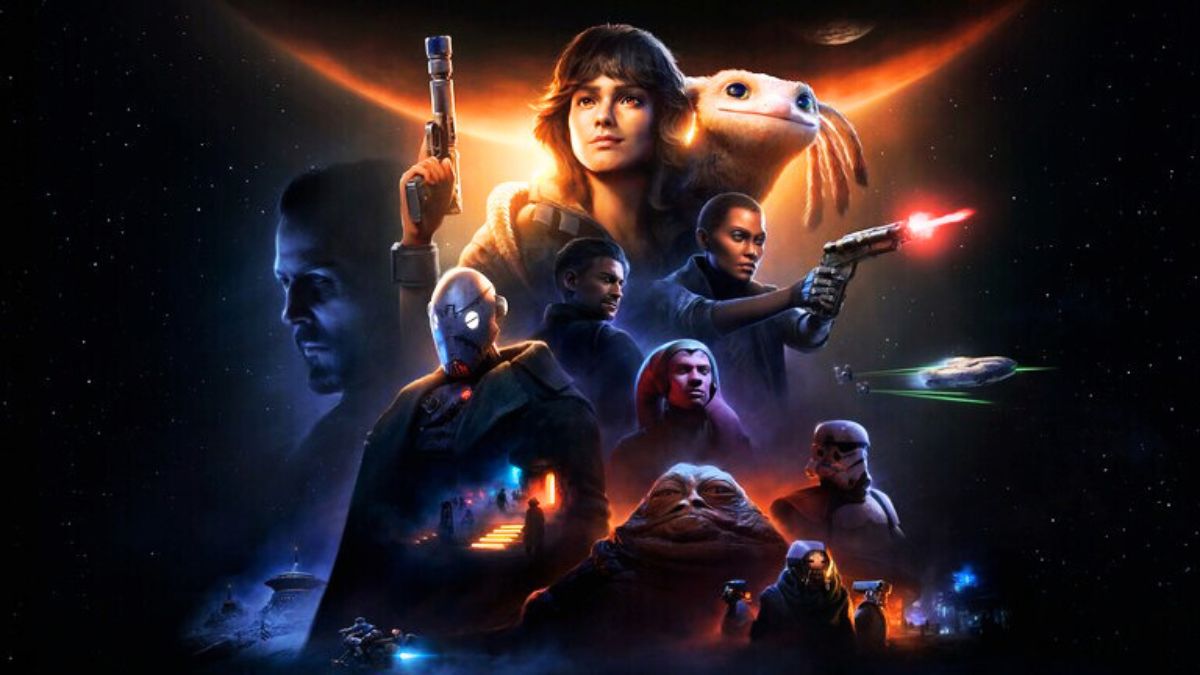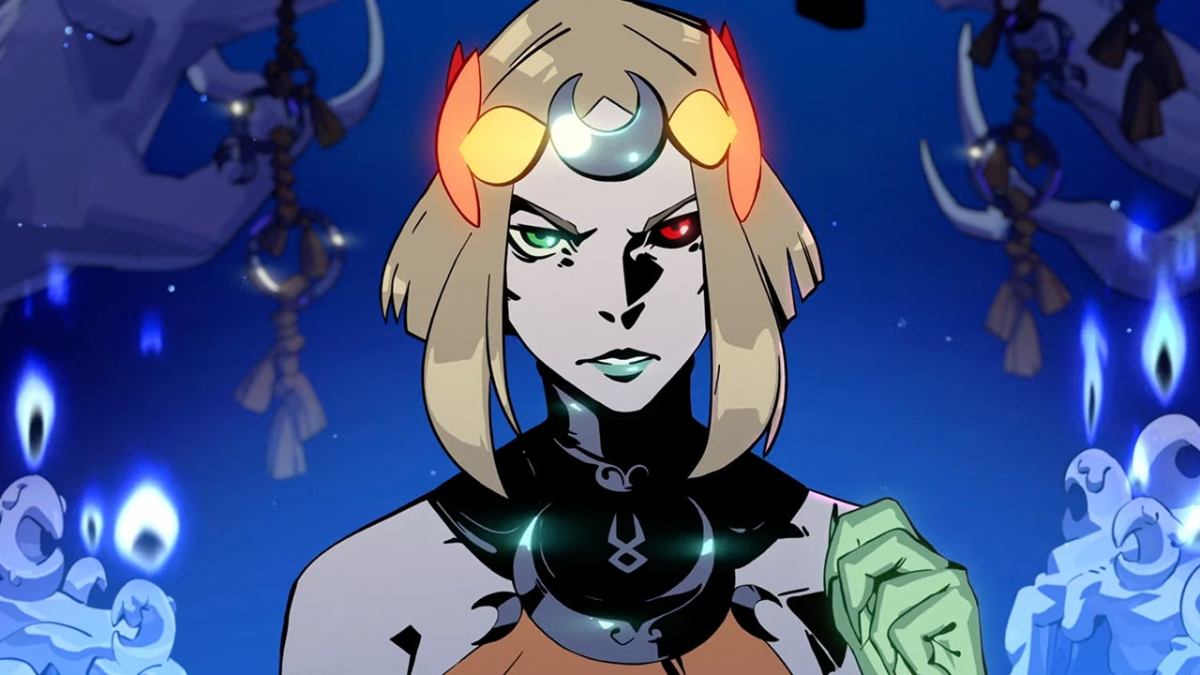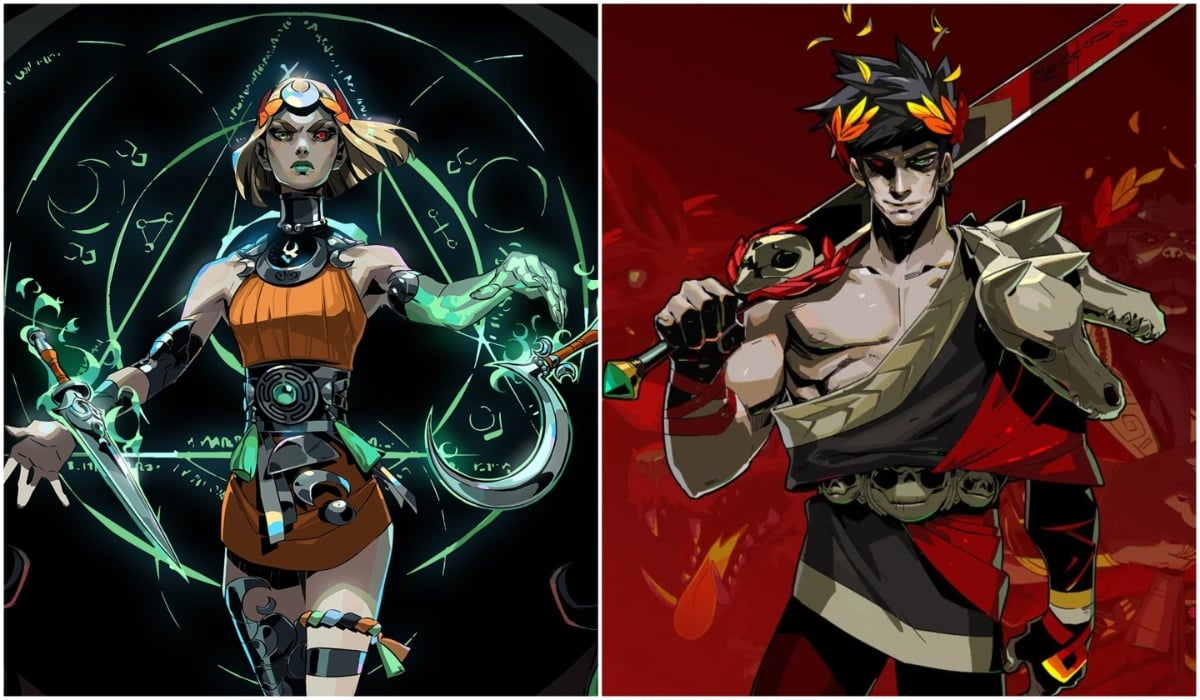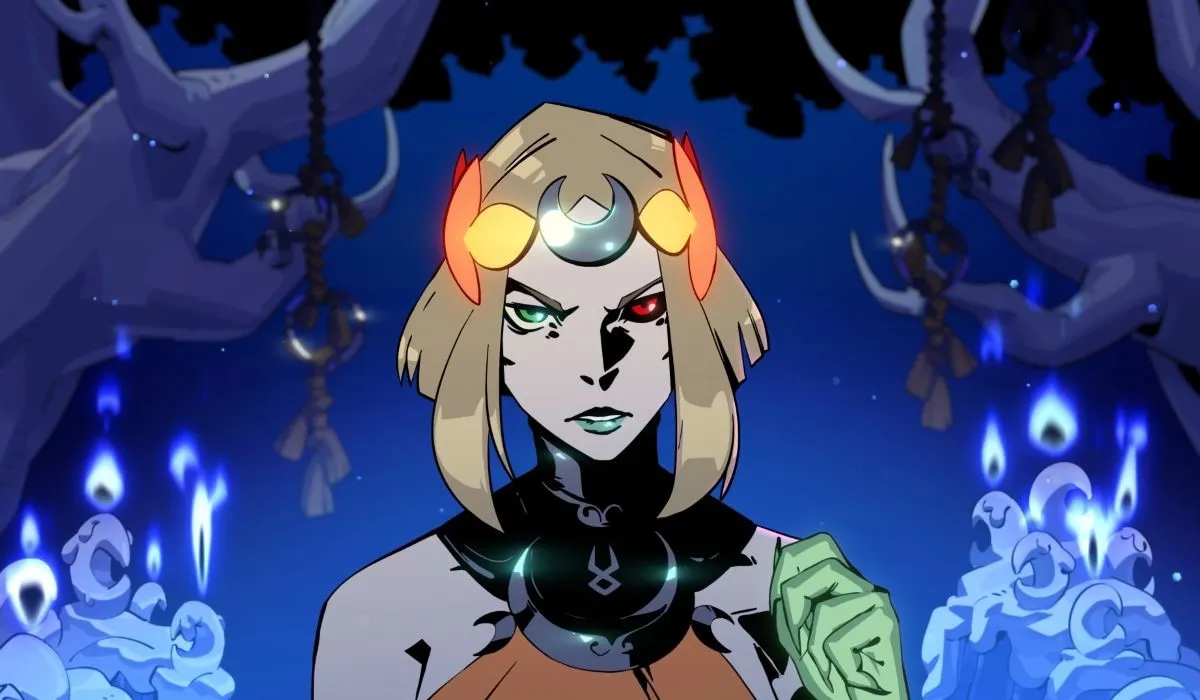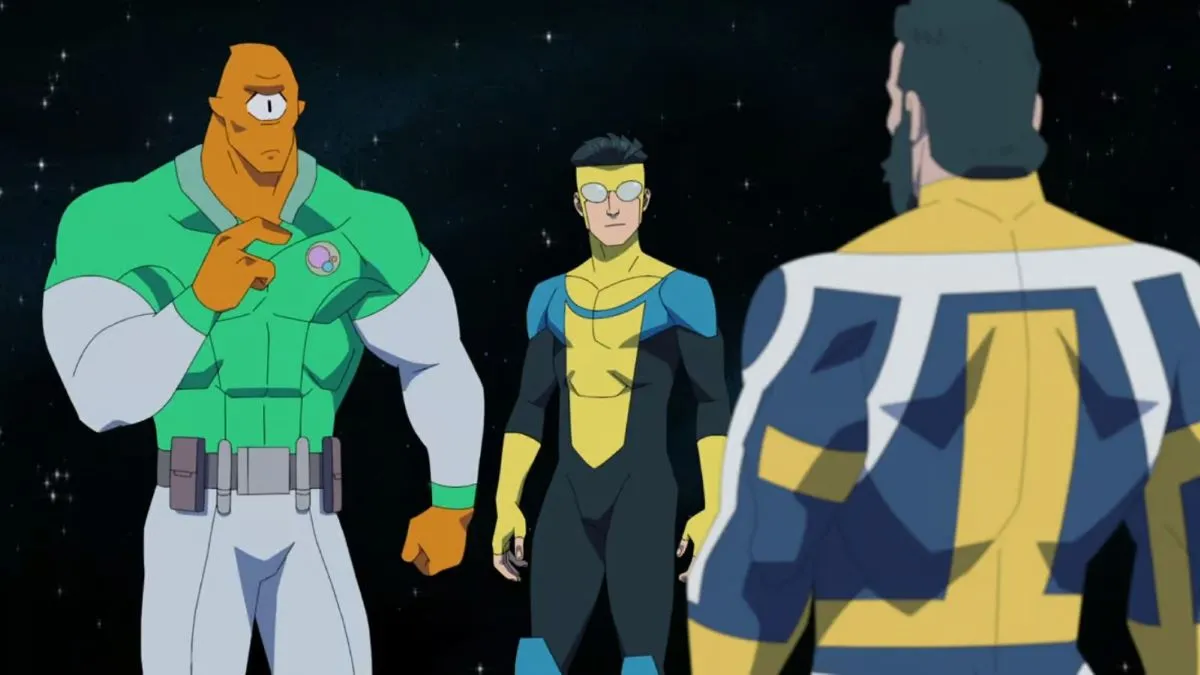For the last few years, the topic of women’s bodies in video games has gotten a lot more attention, to the point where we are seeing actual changes from developers (despite pushback from some fans). Chris Ferguson, a professor of psychology at Stetson University, co-authored a study to figure out how much sexy women in video games affects women in real life and spoke to Kotaku about it.
“Arguing that, at the very least, there ought to be more diverse games and ones that present stronger and less sexualized female characters makes sense,” said Ferguson. “But whenever an advocacy platform develops not just saying ‘We ought to do something because this is the right thing to do,’ but we drift into claims of casual harm that don’t exist, it undermines the advocacy.”
Ferguson has been involved in debates about whether violent video games spur violence in players and said back in 2012: “As a video game violence researcher and someone who has done scholarship on mass homicides, let me state very emphatically: There is no good evidence that video games or other media contributes, even in a small way, to mass homicides or any other violence among youth.”
Now, as someone who loved violent video games, I do agree that there is usually not a one-to-one correlation between violent media and violent actions, but games can work to desensitize people, especially if they already have underlying mental health issues.
However, when it comes to the question of women and women’s bodies in video games, it feels as if Ferguson and his co-author, Stetson assistant professor of psychology Danielle Lindner, are coming from a very limited perception of what the issues are.
Ferguson describes himself as more of a “skeptic” when it comes to games’ impact on how players view themselves, while Lindner had a differing view, having previously studied the impact of catcalling on women’s self-image. This means that the study may have delivered more neutral results because its co-authors have dissimilar perspectives on the issue.
Published by the American Psychological Association, the study asked about 100 women to play one of two Tomb Raider games.
In one, Tomb Raider Underworld, subjects played a part in the game where Croft is outfitted in “bikini bottoms and a form-fitting long-sleeved wetsuit top” that was “portrayed in a way that emphasized Lara’s waist, hips, and breasts.”
“Participants identified the sexualized video game protagonist as fictional and thus not a realistic source of messaging about women’s bodies,” the authors hypothesized.
Firstly, having 100 women play one of two Tomb Raider games doesn’t really seem like a big enough pool to make a real ruling in a study, especially if they are women who themselves are a) not games or b) have no larger context for the history of Lara’s character. Not to mention, I’d argue that Lara Croft is a great character to play as, and I’ve never been someone who believed that who she was should be solely defined by her chest size.
Also, Tomb Raider is not even close to the worst offenders. Give these women the Dead or Alive series or any fighting series and have them compare the outfits given to women versus men. Even if I’ve never felt bad about my body because of comics or video games, it doesn’t mean that I don’t recognize now the images affect the way people see women’s bodies. And by people, I mean men.
Let’s be clear, it is mostly young men who are the ones who are internalizing these images of women’s bodies. They have been fed this steady diet of hypersexualized women in media for so long that many rebel at the idea of even addressing it, let alone changing it. Just think about the response from mostly male fans whenever a woman’s body is altered in a video game from Mortal Kombat to Final Fantasy. That they feel like these games are for them and that making them more inclusive and realistic takes something away.
Considering that 74% of adult gamers have been harassed in some way, and that so many women have experiences of sexual harassment in the gaming world, the issue goes beyond just a realistic image of a woman. It has to address how those images have allowed some male gamers to treat female gamers like commodities, not players. As I’ve said before, if we had all body types for people of all genders in games having a good time, we wouldn’t need to have these discussions, but alas the world is trash.
I’m not dismissing the study entirely, but I don’t think it asked the right questions or understood the actual talking points around women’s bodies in games. What do you all think?
(via Kotaku, image: Bandai Namco)
Want more stories like this? Become a subscriber and support the site!
—The Mary Sue has a strict comment policy that forbids, but is not limited to, personal insults toward anyone, hate speech, and trolling.—




